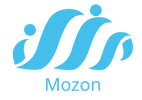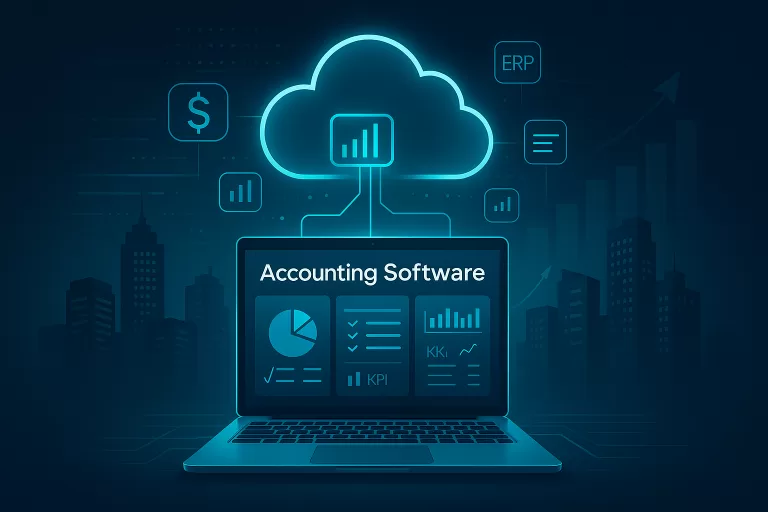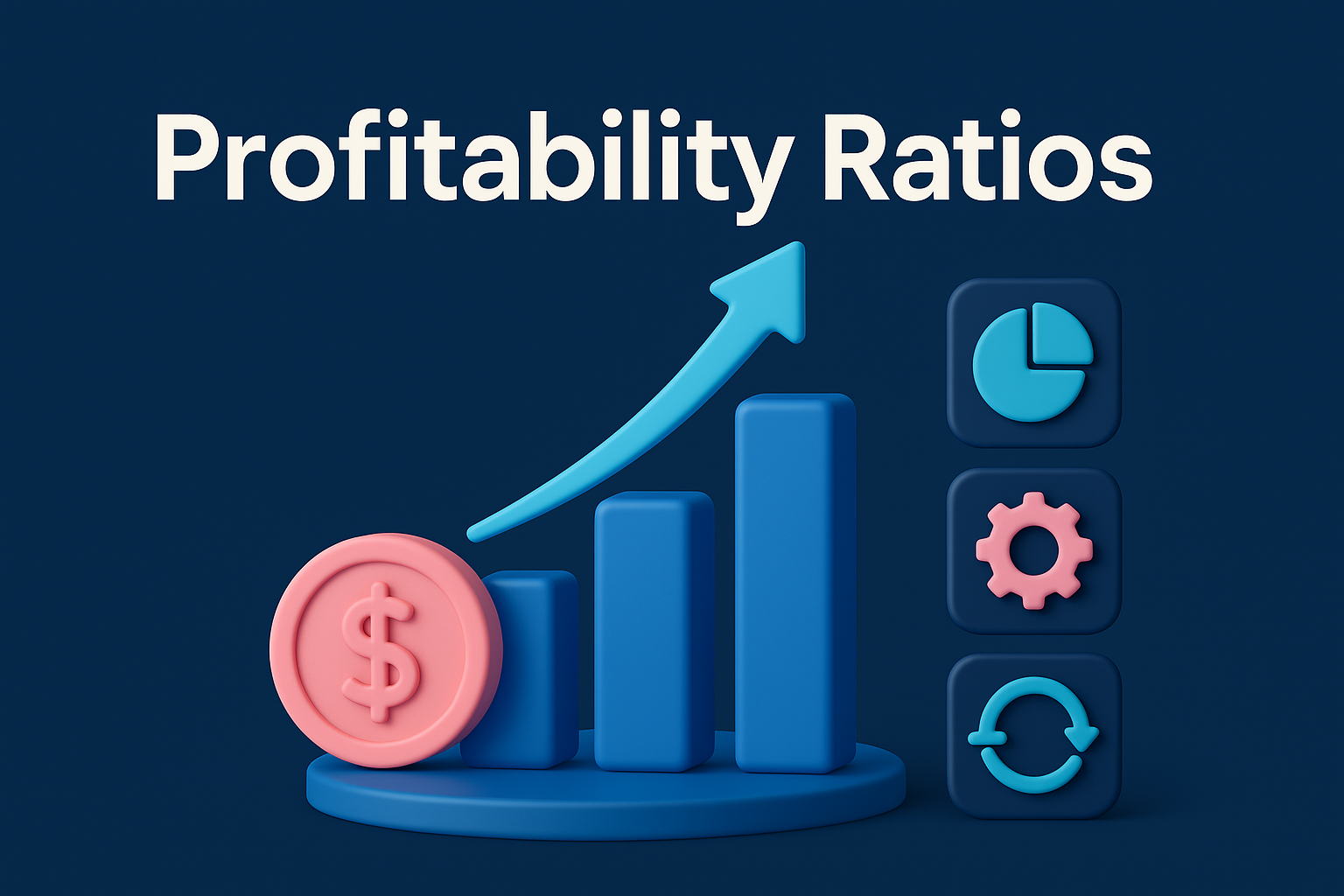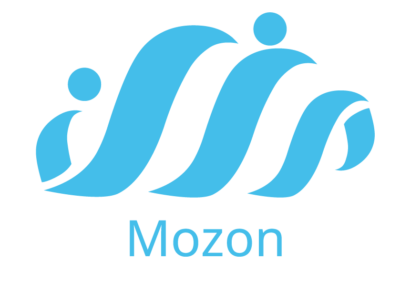Introduction
In today’s globalized economy, financial management has become one of the most critical functions of any organization. Accuracy, compliance, and efficiency are no longer optional they are survival requirements. This is where accounting software steps in.
Accounting software has evolved far beyond being a simple bookkeeping tool. It has transformed into an integrated system that automates complex financial processes, provides real-time reporting, ensures compliance with tax and e-invoicing regulations, and empowers decision-makers with actionable insights.
This comprehensive article explores everything you need to know about accounting software from its definition and importance to its features, benefits, selection criteria, and future trends. We will also highlight how the Mozon Accounting System delivers advanced solutions to meet both local and international business needs.
1. What is Accounting Software?
Accounting software is a digital solution that enables businesses to record, manage, and analyze their financial transactions systematically. Unlike manual bookkeeping, which is prone to human error and inefficiency, accounting software streamlines processes, reduces errors, and enhances productivity.
Key functions include:
-
Recording financial transactions (income, expenses, payroll, assets).
-
Managing accounts payable and receivable.
-
Automating invoice generation and reconciliation.
-
Generating financial statements such as balance sheets, cash flow, and income statements.
-
Ensuring compliance with tax and VAT regulations.
-
Providing advanced reporting and analytics.
2. Importance of Accounting Software in Modern Business
Adopting accounting software is no longer optional for growing businesses. Its importance lies in:
-
Accuracy and Reliability – Automated processes eliminate human error.
-
Regulatory Compliance – Ensures adherence to tax laws and e-invoicing mandates.
-
Time Efficiency – Automates repetitive tasks, freeing resources for strategic work.
-
Scalability – Supports growth without hiring additional staff.
-
Informed Decisions – Offers real-time financial insights to guide decision-making.
-
Enhanced Security – Protects financial data with encryption, access control, and backups.
3. Core Features of Accounting Software
Modern accounting systems come with an array of features that make them indispensable:
-
General Ledger Management: Centralized record-keeping of all transactions.
-
Accounts Payable & Receivable: Tracking payments to suppliers and collections from clients.
-
Payroll Integration: Managing employee salaries, benefits, and deductions.
-
Multi-Currency Support: Handling global transactions seamlessly.
-
Inventory and Asset Management: Linking financials with stock and assets.
-
Tax and VAT Automation: Reducing errors in tax filing.
-
Dashboards & KPIs: Visual representation of financial health.
-
Cloud Access: Work from anywhere with secure online access.
4. Benefits of Accounting Software
For Small Businesses
-
Affordable entry into digital finance.
-
Simplified invoicing and expense tracking.
-
Helps with cash flow monitoring.
For Medium Enterprises
-
Integration with ERP and CRM systems.
-
Better compliance with tax and VAT systems.
-
Real-time collaboration across departments.
For Large Corporations
-
Scalability to manage millions of transactions.
-
Advanced analytics and predictive insights.
-
Multi-branch, multi-currency, and multi-language support.
5. Types of Accounting Software
-
Desktop-Based: Installed locally on computers, with limited remote access.
-
Cloud-Based: Accessible online, scalable, and collaboration-friendly.
-
Industry-Specific: Tailored for sectors like real estate, education, or healthcare.
-
Enterprise Accounting Systems: Integrated with ERP for comprehensive control.
6. Accounting Software vs ERP
Although both overlap, there are differences:
-
Accounting Software: Primarily focused on financial functions.
-
ERP Systems: Cover broader areas like HR, supply chain, CRM, in addition to accounting.
For businesses starting out, accounting software is sufficient. As they grow, integration with ERP becomes critical.
7. Accounting Software and Compliance
One of the most important functions of modern accounting software is ensuring compliance:
-
VAT and Tax Reporting: Automated calculations, reporting, and filing.
-
E-Invoicing: Generating compliant invoices as per government regulations.
-
Audit Support: Providing ready-made reports for auditors.
This reduces the risks of penalties, improves transparency, and enhances trust with stakeholders.
8. How to Choose the Right Accounting Software
When selecting accounting software, businesses should evaluate:
-
Scalability: Will it grow with your business?
-
Ease of Use: Is the interface user-friendly?
-
Integration: Can it integrate with ERP, HR, and BI tools?
-
Security: Does it meet the latest cybersecurity standards?
-
Localization: Does it support local tax, language, and compliance needs?
-
Cost-effectiveness: Does the value justify the investment?
9. Mozon Accounting System
The Mozon Accounting System is designed to combine the power of global accounting standards with regional compliance needs. Its key strengths include:
-
Cloud-Based Flexibility: Access anytime, anywhere.
-
VAT and E-Invoicing Ready: Compliance with Jordanian and GCC tax systems.
-
Integration: Works seamlessly with Mozon ERP, EagleEye BI, HR, and education systems.
-
Bilingual Support: Arabic and English interfaces for regional ease.
-
Advanced Reporting: Real-time dashboards and KPI monitoring.
-
Scalability: Suitable for SMEs and large enterprises alike.
10. Future of Accounting Software
-
Artificial Intelligence (AI): Automating repetitive tasks, fraud detection, and predictive analytics.
-
Blockchain: Transparent and immutable financial ledgers.
-
Mobile-First Accounting: Accessing financial data directly on mobile devices.
-
Big Data Analytics: Advanced trend analysis for forecasting.
-
Sustainability Integration: Linking financial data with ESG reporting.
11. Frequently Asked Questions (FAQs)
1. What is the difference between accounting software and ERP?
ERP covers a wider range of functions, while accounting software focuses mainly on financial management.
2. Can small businesses benefit from accounting software?
Yes, even small businesses gain from automation, accurate reporting, and cash flow control.
3. Is cloud-based accounting software secure?
Yes, modern cloud accounting platforms use encryption, access control, and secure backups.
4. How does accounting software help with VAT compliance?
It automates VAT calculation, generates compliant invoices, and provides ready-made reports for filing.
5. Why choose Mozon Accounting System?
Because it offers global-standard accounting features while ensuring compliance with regional requirements like VAT, e-invoicing, and bilingual support.
6. What trends will shape the future of accounting software?
AI, blockchain, big data analytics, and mobile-first solutions will transform the landscape.
Conclusion
Accounting software is no longer just a financial tool — it is a strategic asset. It ensures accuracy, compliance, efficiency, and supports decision-making at all levels of business.
With solutions like the Mozon Accounting System, companies can bridge the gap between global best practices and local compliance needs, empowering them with scalable, cloud-ready, and intelligent tools to thrive in a competitive digital economy.





